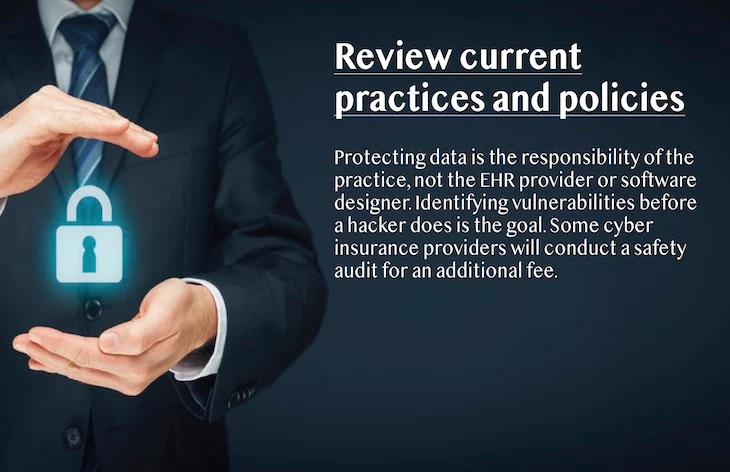10 Ways to Protect Your Medical Records from Hackers

Medical records are a prime target for hackers, as they can contain a wealth of personal information. However, there are things you can do to protect your medical records.
Medical records are a valuable commodity on the black market. Hackers know this, and they’re increasingly targeting healthcare providers in order to gain access to this sensitive data. If you’re like most people, you probably assume that your medical information is safe and secure. But the reality is that it’s not as protected as you might think. In fact, there are many ways for hackers to gain access to your medical records, including phishing scams, malware attacks, and data breaches.
If you want to protect your medical information from hackers, then you need to take precautions. Here are 10 ways to help keep your data safe:
- Use a strong password
When it comes to passwords, longer is better. Use a mix of letters, numbers, and special characters to make it as difficult as possible for hackers to guess. Avoid using easily guessed words like “password” or your birthday. And never use the same password for more than one account.
- Install antivirus software
Antivirus software can help protect your computer from malware attacks. Be sure to keep it up to date, as new threats are constantly emerging.
- Be careful about which websites you visit
Hackers can use malicious code to infect your computer when you visit an infected website. Only visit websites that you trust and be sure to keep your antivirus software up to date. It’s also a good idea to avoid clicking on links in email messages or social media posts, as these can be used to redirect you to a malicious website.
- Encrypt your files
Encryption is a process that scrambles data so that it can only be decrypted with the right key. This makes it much more difficult for hackers to access your data if they manage to get their hands on it.
- Keep your computer up to date
Hackers often exploit security vulnerabilities that have been fixed in newer versions of software. By keeping your computer up to date, you can help close these holes and make it more difficult for hackers to break in.
- Be aware of phishing scams
Phishing is a type of scam where hackers send emails or text messages that appear to be from a legitimate source, such as your bank or a company you do business with. These messages often contain links that redirect you to a fake website where you’re asked to enter sensitive information, such as your login credentials or credit card number. Be very careful about clicking on links in email messages or text messages, and only do so if you’re absolutely sure that they’re from a trusted source.
- Use two-factor authentication
Two-factor authentication is an extra layer of security that requires you to enter a code from your phone in addition to your password when logging into an account. This makes it much more difficult for hackers to gain access to your accounts, even if they manage to steal your password.
- Be careful about what you share on social media
Hackers can use social media to gather information about you that can be used to scam you or gain access to your accounts. Be careful about what you post and only share information that you’re comfortable with sharing publicly.
- Use a VPN
When you use a VPN, your traffic is encrypted and routed through a secure server. This makes it much more difficult for hackers to snoop on your activity or steals your data. If you’re using public Wi-Fi, then a VPN can be especially helpful in protecting your information.
- Keep an eye on your credit report
If hackers gain access to your sensitive information, they could use it to open new accounts in your name. By regularly checking your credit report, you can catch any fraudulent activity early and prevent it from doing serious damage.
By taking these precautions, you can help keep your medical information safe from hackers. However, even if you do everything right, there’s no guarantee that your data will never be compromised. So it’s important to stay vigilant and monitor your accounts for any suspicious activity. If you think you may have been a victim of identity theft, then contact the authorities immediately.



